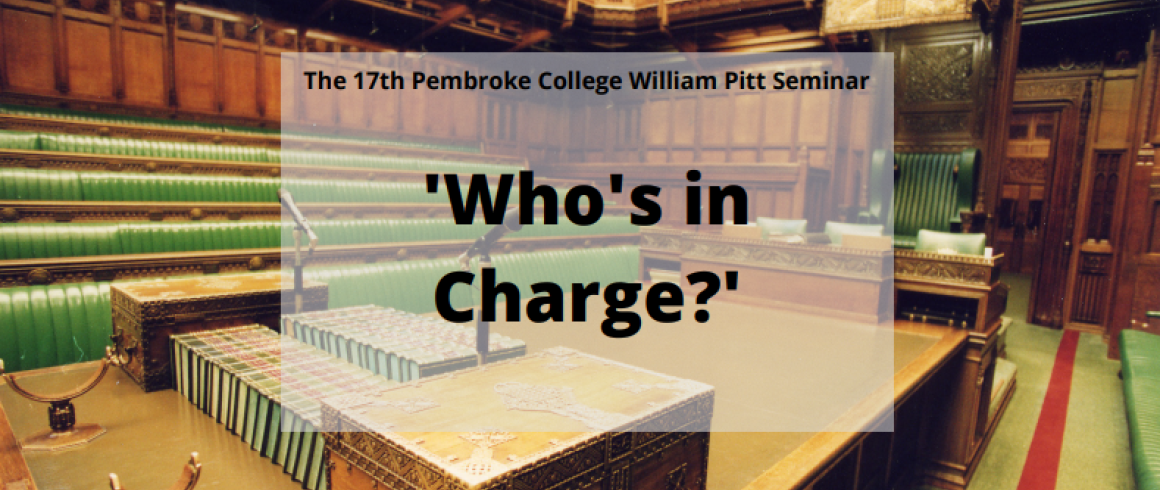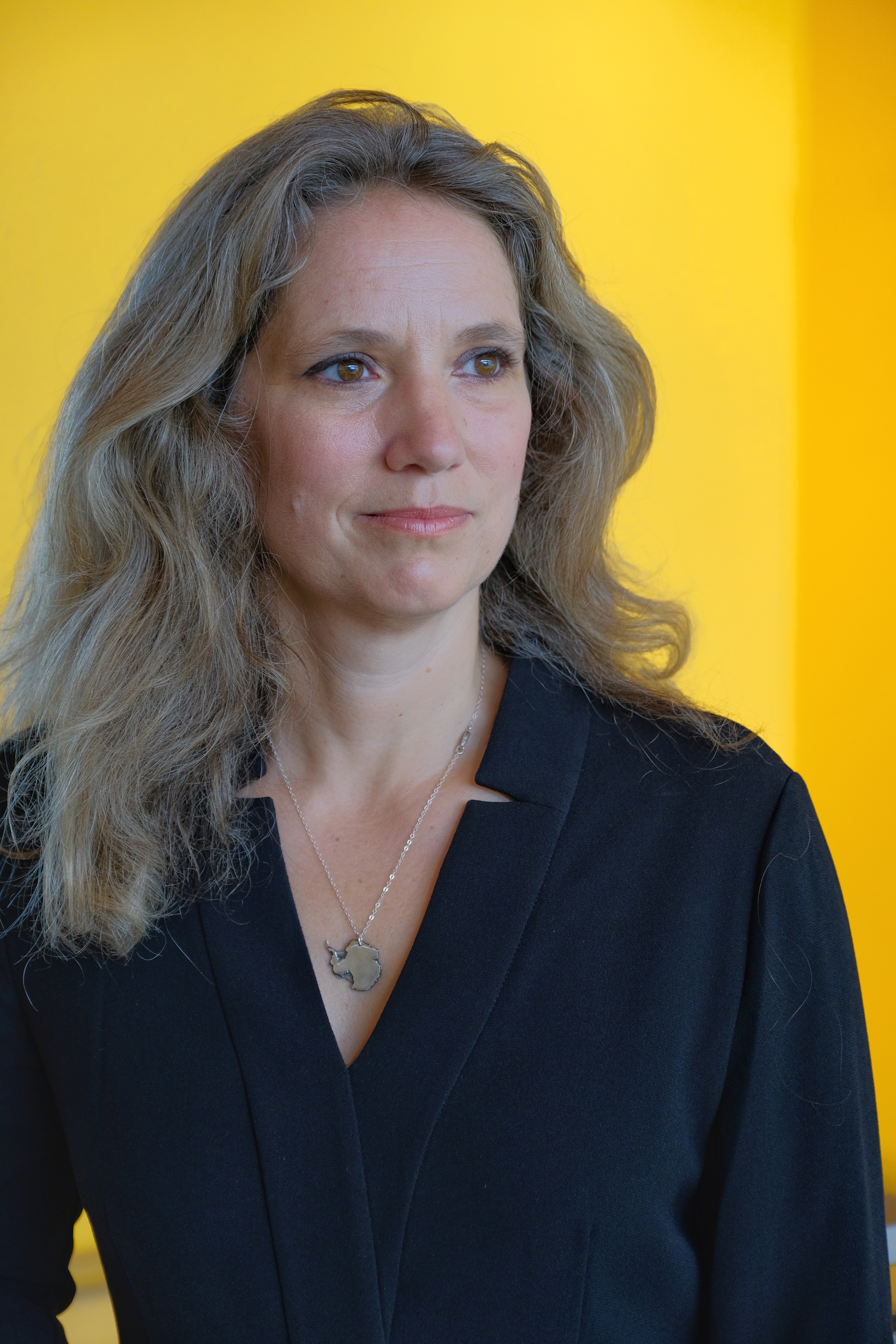September 2022 - Prof. Emily Shuckburgh, Director of Cambridge Zero asks 'Who's in charge?' when it comes to the climate emergency
On 14 October 2022, the Master Lord Chris Smith will host Pembroke College's 17th William Pitt Seminar. As we head into a winter of unprecedented fuel poverty, the war in Ukraine heading into its seventh month and with new leaders at the helm, governments have been forced to divert attention away from the climate crisis. Who will steer a course to limit the damage? Will all voices be heard? And just who is in charge? Our Chair for the Seminar, Emily Shuckburgh, Chair of Cambridge Zero asks the question.
Year on year, we seem to be entering a time of 'firsts' and 'top records'. In a recent symposium I noted that the last few months have been a summer like no other as the UK recorded a new national 'first', our highest temperature since records began with a crushing 40.3°C recorded in Lincolnshire, beating the previous record of 38.7°C recorded here in Cambridge's Botanical Gardens in 2019. This summer saw a number of wildfires like those that we are very used to hearing about in Spain or California but not so used to having here in the UK, and early estimates suggested that there were more than 1000 excess deaths across the three day temperature peak.
Beyond our shores, the situation is even worse. The usual suspects have unfortunately played host to another summer of wildfires and hot spells: Spain, Morocco, Portugal, Turkey, China, and the United States each suffering in turn. Devastating floods have ravaged Pakistan thanks to major glacial melting and extreme monsoon rains, whilst in the Czech Republic the Danube has receded to such an extent that poking above the water a 17th century inscription on the rock face warns "Wenn du mich siehst, dann weine [If you see me, weep]."
The world is on fire, and melting in front of our eyes.
Last year, I attended the 16th William Pitt Seminar, ‘What should come from COP26?’, and I recall how we were all hopeful that the summit in Glasgow would be the time that governments took firm hold of the reins and plotted a steady yet substantial course and would start to take the substantial actions needed to rescue our climate. Sadly, it might be now that we can only limit the damage rather than prevent it – but even so, action needs to be taken.
The William Pitt Seminar is again part of the Cambridge Zero Climate Festival and this time the festival brings together all the wonderful research and action across the University of Cambridge with a focus on climate accessibility. Who is taking decisions on the actions to take to mitigate climate change, and how are they ensuring all voices are heard? And when we talk about the climate, are we engaging and reaching everyone?
The Corporate Partnership Programme blog series and the William Pitt Seminar has heard and will hear from a wide range of voices – including academics, NGOs, companies, and students – but even this misses a huge swathe of the world’s population, and these are the voices that are arguably more impacted by the first world’s lack of action.
Can a company such as Octopus Energy, founded by speaker Greg Jackson, really take the lead and transform our energy supply system to be fully sustainable? Why are not all companies doing the same? Can the research of academics such as speaker Professor Anil Madhavapeddy fix the broken carbon credits market? Can we get the government to listen to the evidence and put in place the policies that make sure all this good work isn’t squandered? David Cope spent over a decade advising politicians based on the best available science - did they listen?
I hope that you can join the William Pitt Seminar and take part in the conversation. We cannot be diverted from the climate crisis even while disasters rain around us - or when we get round to it we might be too late.
To join the William Pitt Seminar on Zoom, please register here. If you would like to attend in person, please email Michael.Pritchard@pem.cam.ac.uk.
Prof Emily Shuckburgh is Director of Cambridge Zero, the University of Cambridge's major climate change initiative. She is also Professor of Environmental Data Science at the Department of Computer Science and Technology.
She is a mathematician and climate scientist and a Fellow of Darwin College, a Fellow of the Cambridge Institute for Sustainability Leadership, an Associate Fellow of the Centre for Science and Policy, a Fellow of the British Antarctic Survey and a Fellow of the Royal Meteorological Society.
At the University of Cambridge she is Director of the UKRI Centre for Doctoral Training on the Application of AI to the study of Environmental Risks (AI4ER), Academic Director of the Institute of Computing for Climate Science, and co-Director of the Centre for Landscape Regeneration. She worked for more than a decade at the British Antarctic Survey where her work included leading a UK national research programme on the Southern Ocean and its role in climate. Prior to that she undertook research at École Normale Supérieure in Paris and at MIT. She has also acted as an advisor on climate to the UK Government in various capacities.
In 2016 she was awarded an OBE for services to science and the public communication of science. She is co-author with HRH King Charles III and Tony Juniper of the Ladybird Book on Climate Change.
She is Honorary President of the Aldersgate Group.

